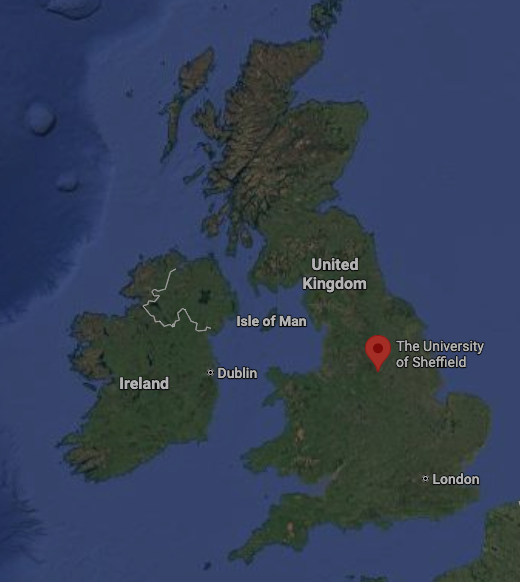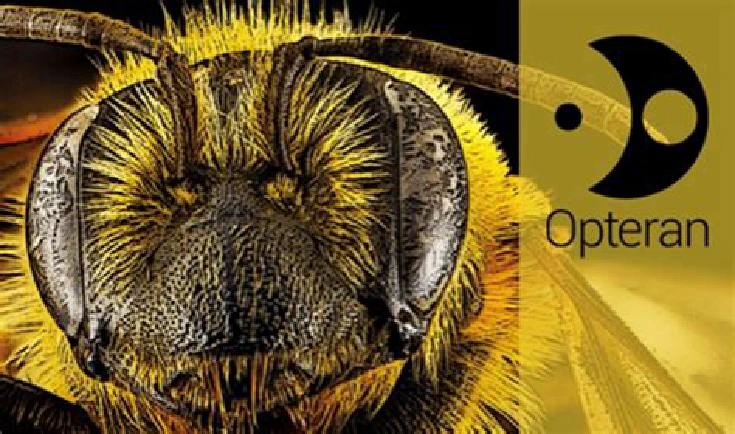From Sheffield research to “natural intelligence”
Opteran Technologies (registered in the UK as Opteran Technologies Limited) is a spin-out from University of Sheffield that formally incorporated in March 2020.
Opteran touts “Natural Intelligence”: rather than rely on standard deep-learning approaches that need huge data sets and heavy compute, the company has studied the brains of insects and other natural organisms to reverse-engineer how they perceive, navigate, and decide.
In practical terms, Opteran claims to deliver algorithms and hardware that run on the edge (i.e., onboard, low power) instead of relying on cloud/data-centre training or heavy models.
What they do & why it matters
At its core, Opteran develops autonomy software and supporting hardware for robots, drones, autonomous vehicles and other mobile machines—especially in challenging or data-scarce environments.
- Vision and navigation: By mimicking insect optic flow and other brain circuits, Opteran’s systems can calculate depth, movement, obstacle avoidance and navigation using minimal sensor input and compute.
- Edge computing & minimal training: Their algorithms are designed to work without massive pre-training, large datasets, or heavy compute hardware—so smaller, lower-cost machines can be autonomous.
- Wide applicability: Because the approach is hardware- and environment-agnostic to an extent, Opteran’s technology is positioned for warehouse robots, mining robots, drones, even space rovers. For instance, they announced a collaboration with Airbus Defence and Space and the European Space Agency to test their software in off-planet conditions.
Funding, traction and outlook
Opteran’s funding history highlights the confidence backers have in this vision. In November 2020 they secured about £2.1 million in seed funding led by IQ Capital. By June 2022 the company raised around US$12 million (c. £9.8 m) in a round led by Join Capital to fuel international expansion and product development.



